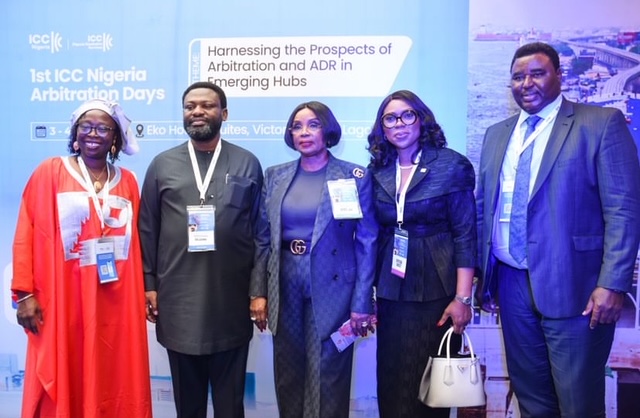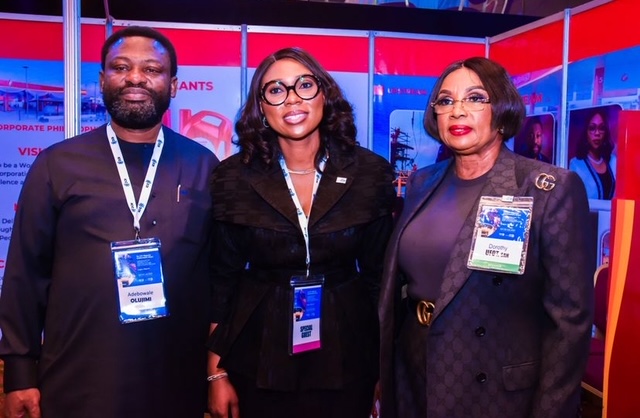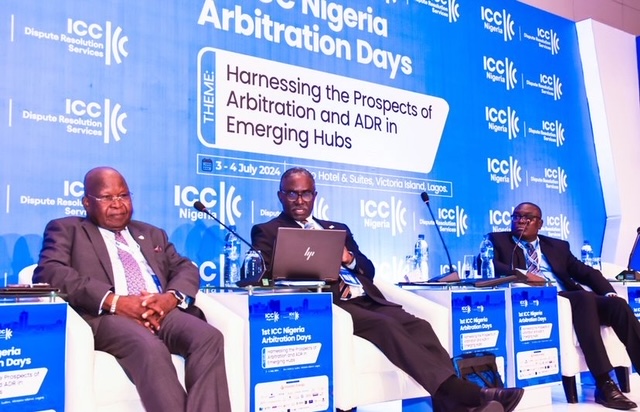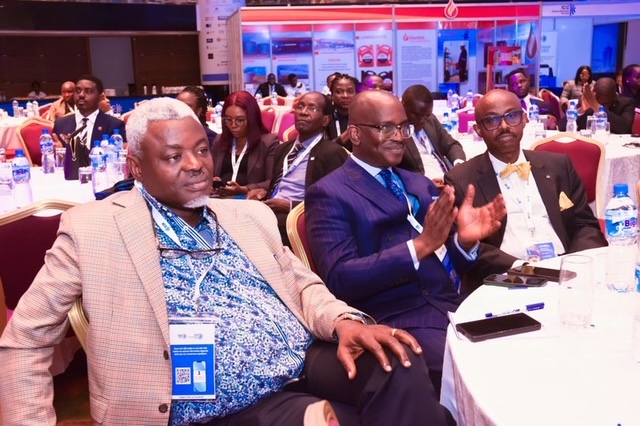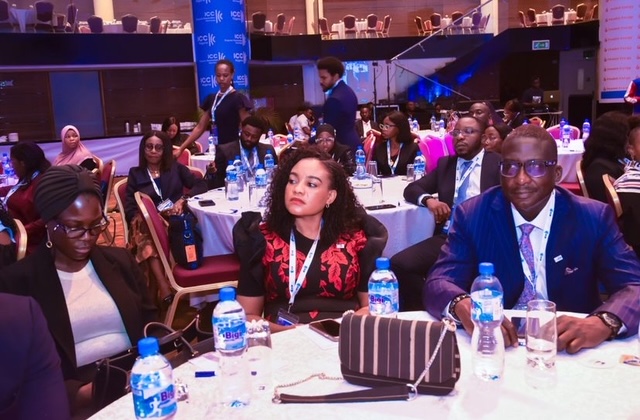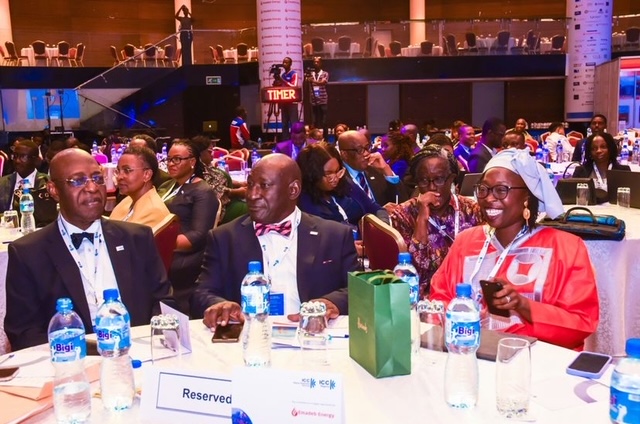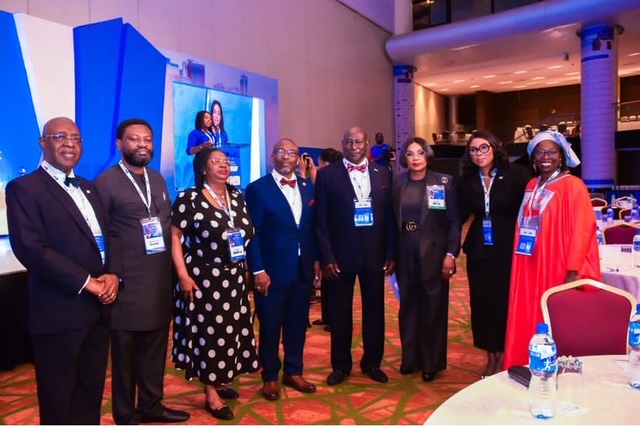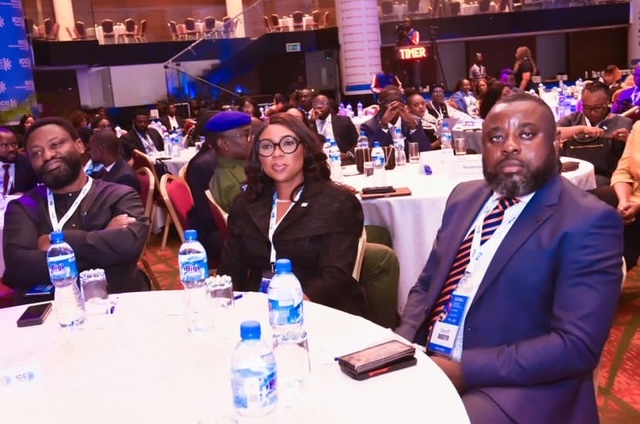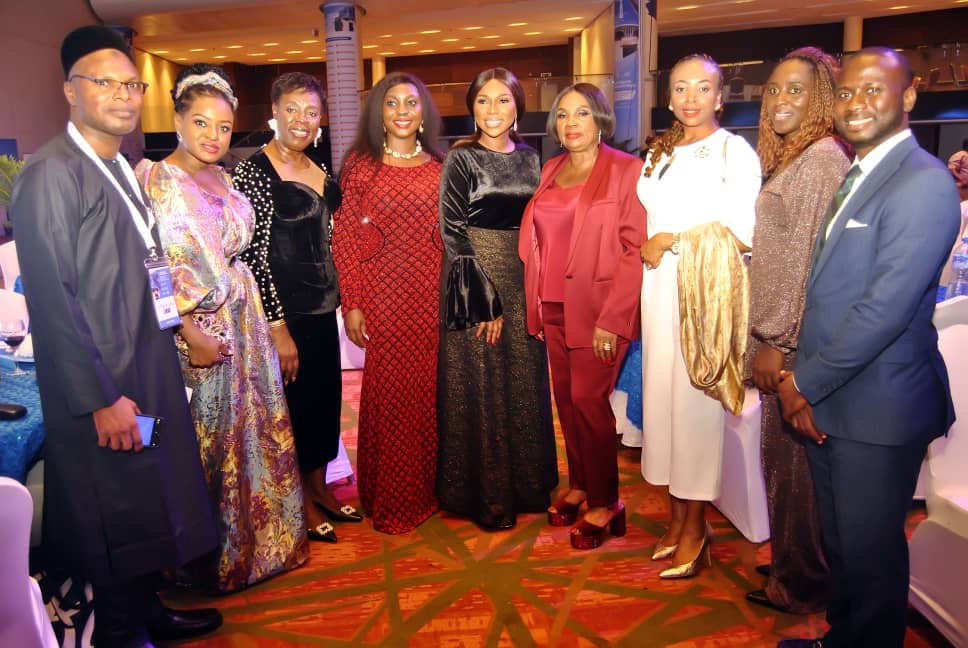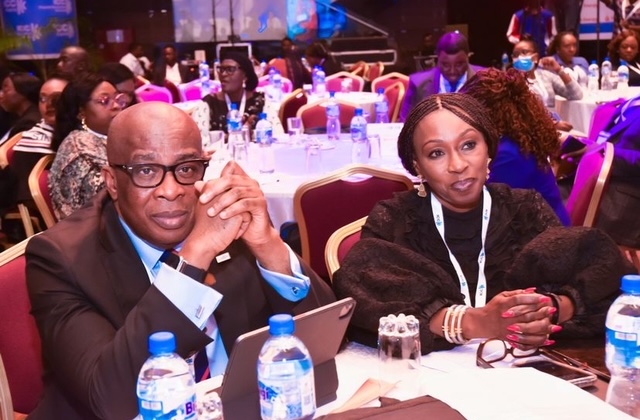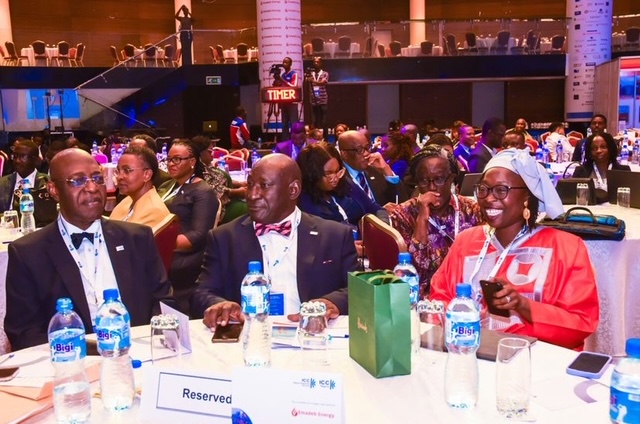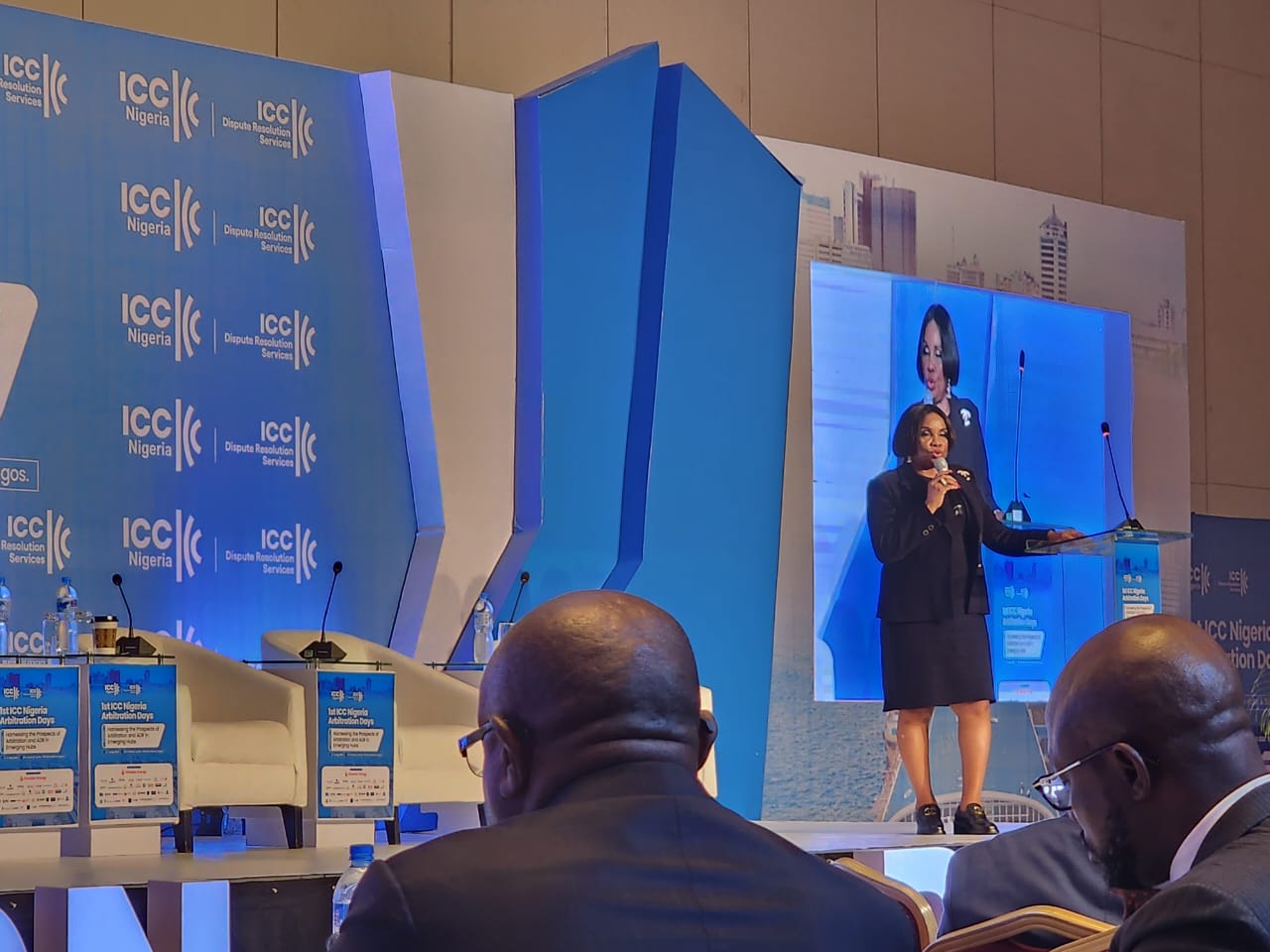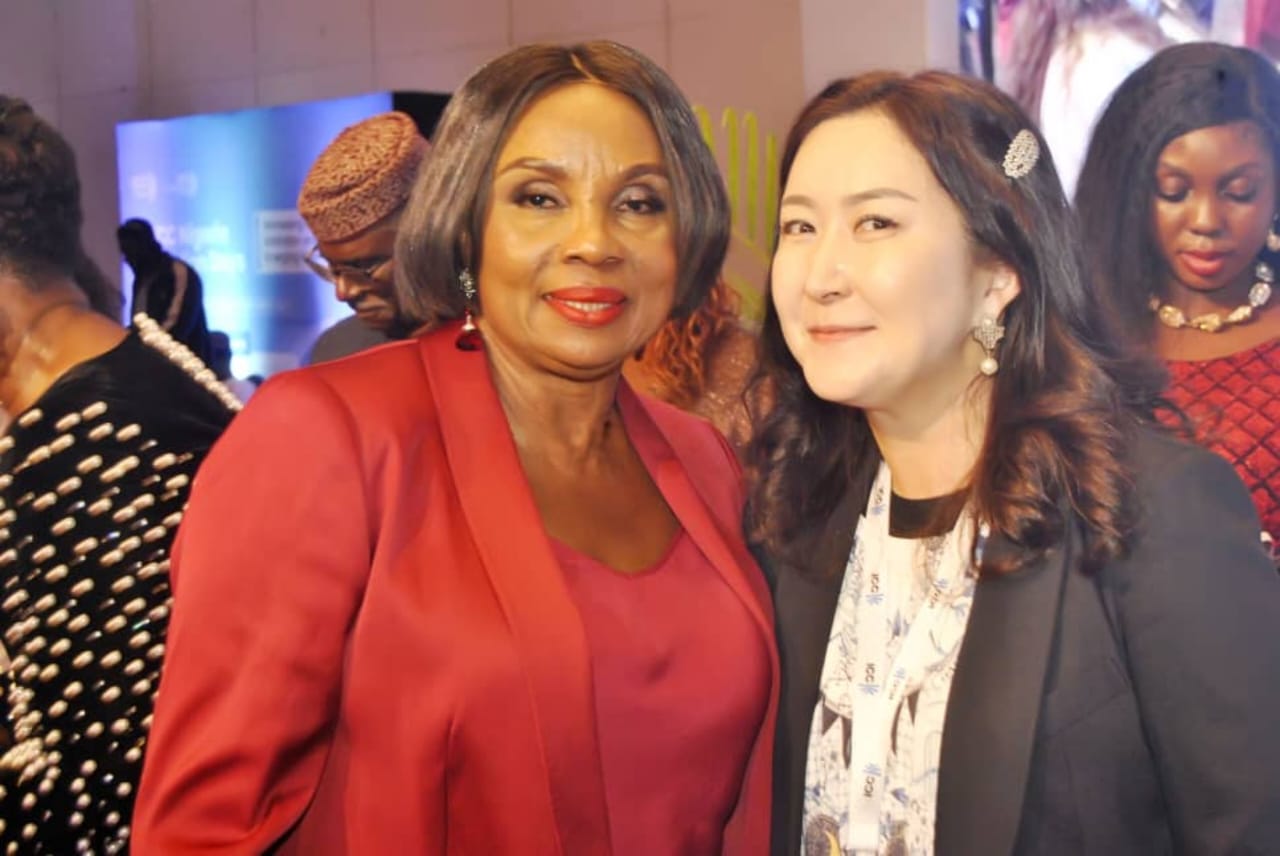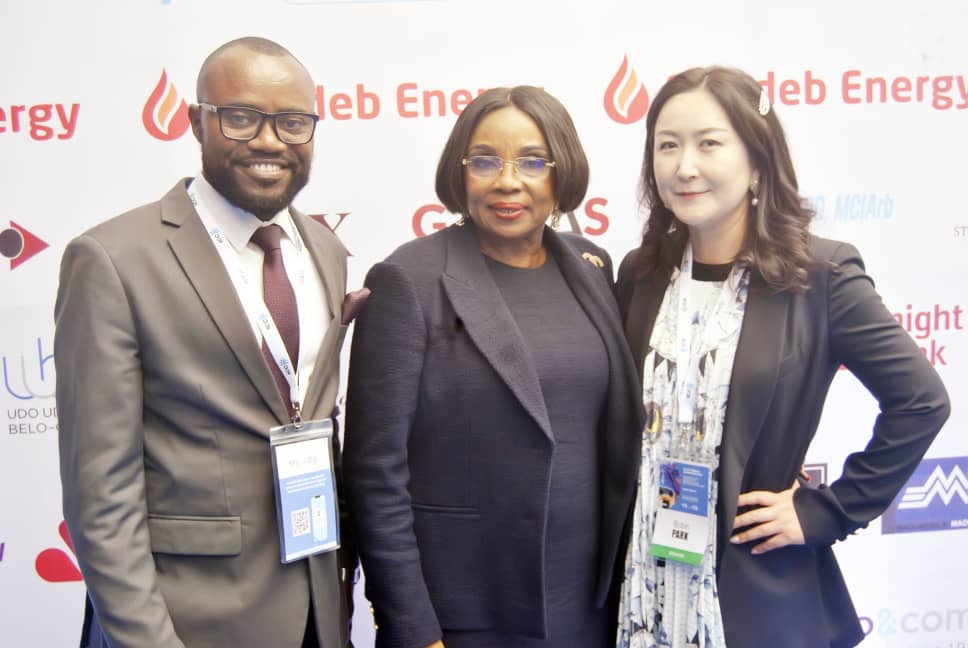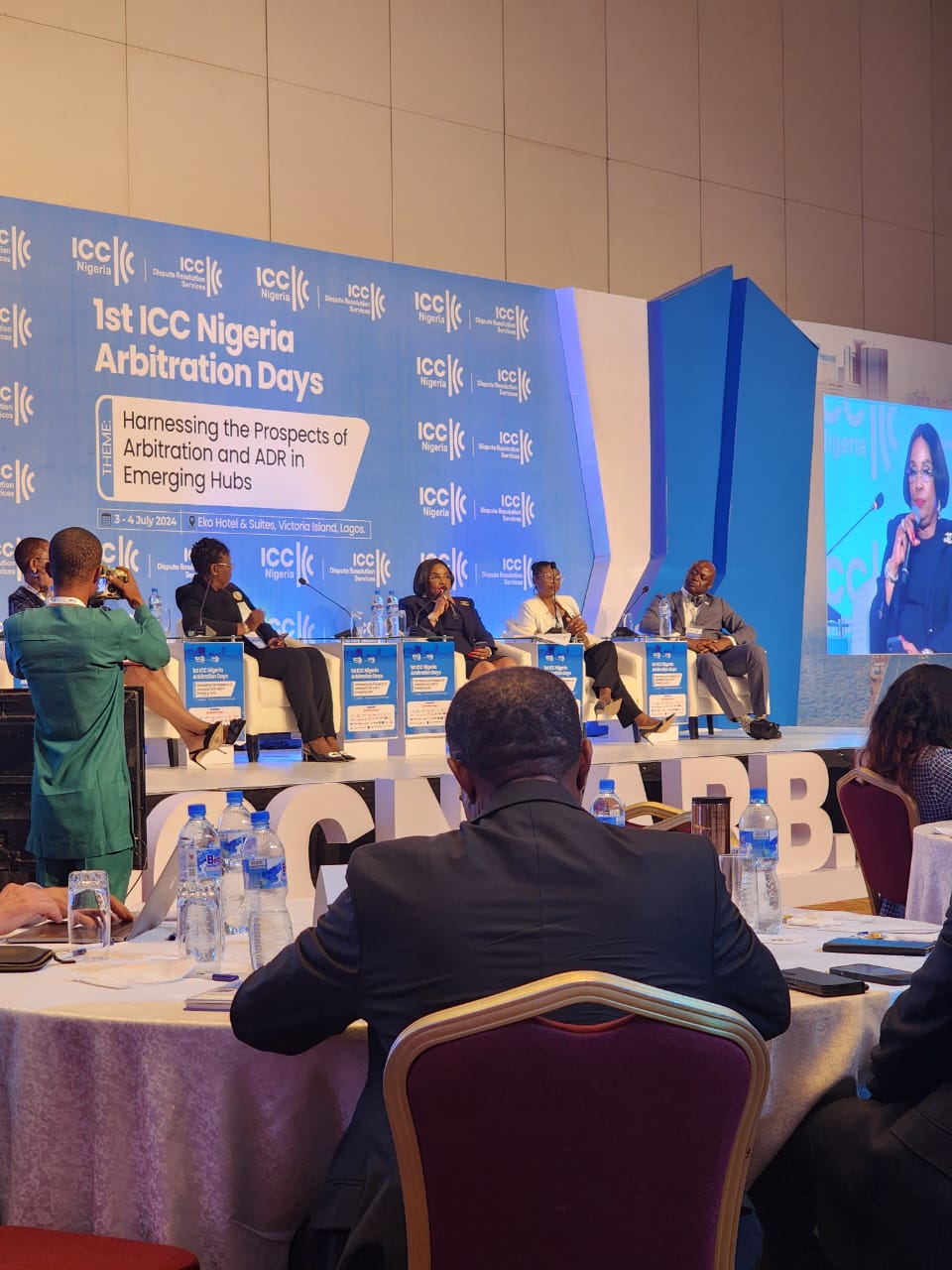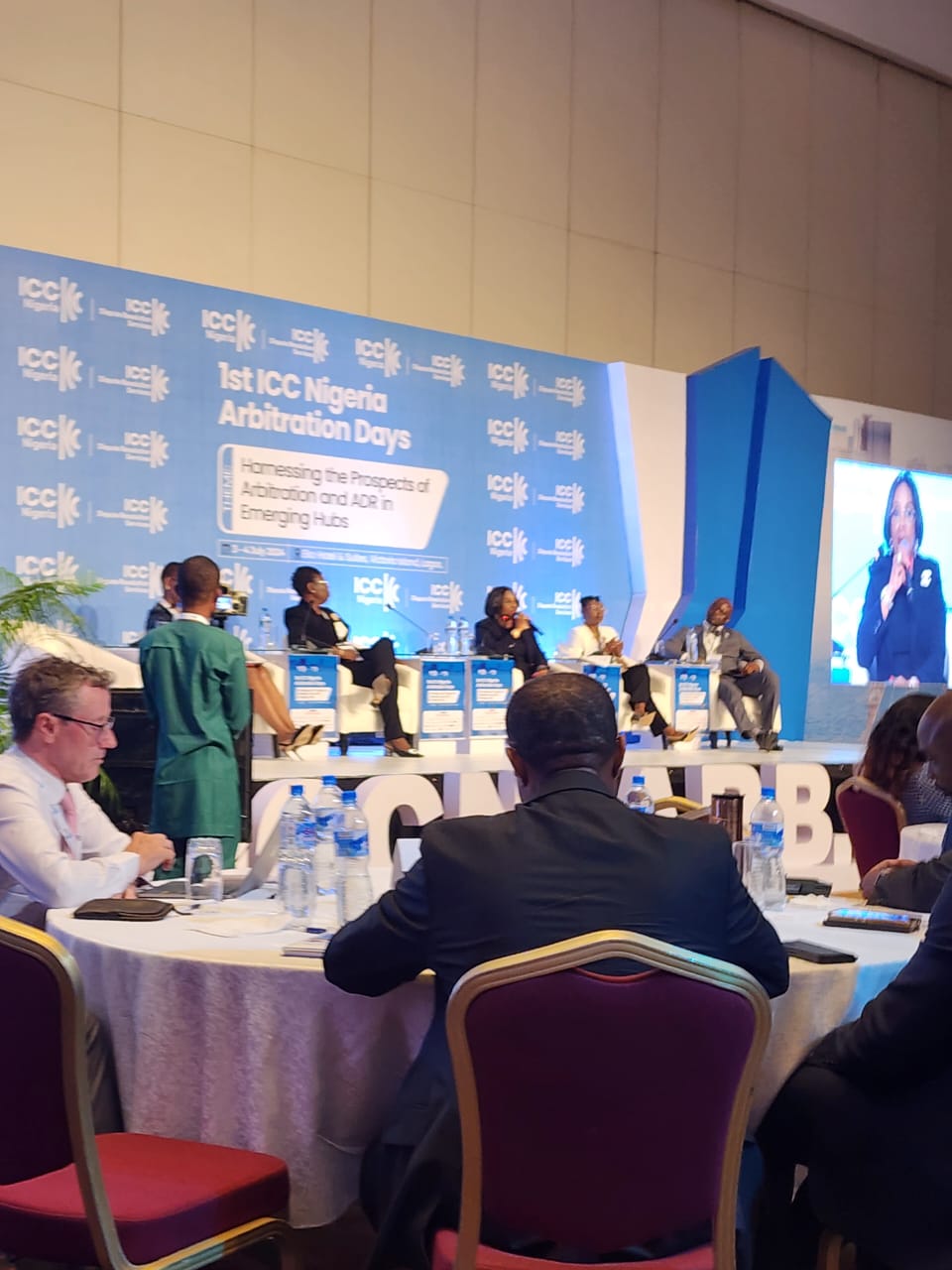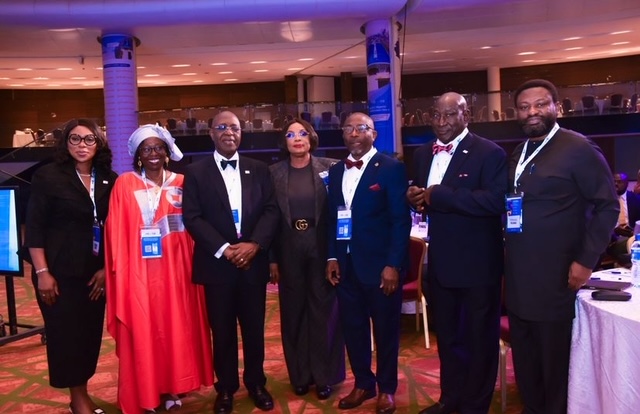
The inaugural ICC Nigeria International Arbitration Days took place on July 3rd and 4th of July, 2024. During this conference, delegates engaged in discussions on various topical issues related to the practice and development of International Arbitration and Alternative Dispute Resolution (ADR) in Nigeria. It commenced with the welcome addresses given by the Chairman of the international Chamber of Commerce Mr Babatunde Savage FCA, the chair person of ICC Nigeria commission on arbitration and ADR, Professor Mrs Dorothy Ufot SAN and Alexander Fessas,the Secretary General ICC International Court of arbitration.
Notably, Mr. Alexander Fessas, the Secretary General of the ICC International Court of Arbitration, acknowledged Nigeria’s efforts in hosting the Africa Regional conferences for the past seven years. This year, the Africa Regional conference took place in Nairobi, Kenya, aligning with ICC’s policy to expand its reach into other parts of Africa, particularly East Africa. Additionally, Mr. Babatunde Savage FCA, Chairman of the International Chamber of Commerce Nigeria, emphasized Nigeria’s openness for international arbitration business. He called upon federal and state governments to involve Nigerian arbitrators and enhance local content in international arbitration.
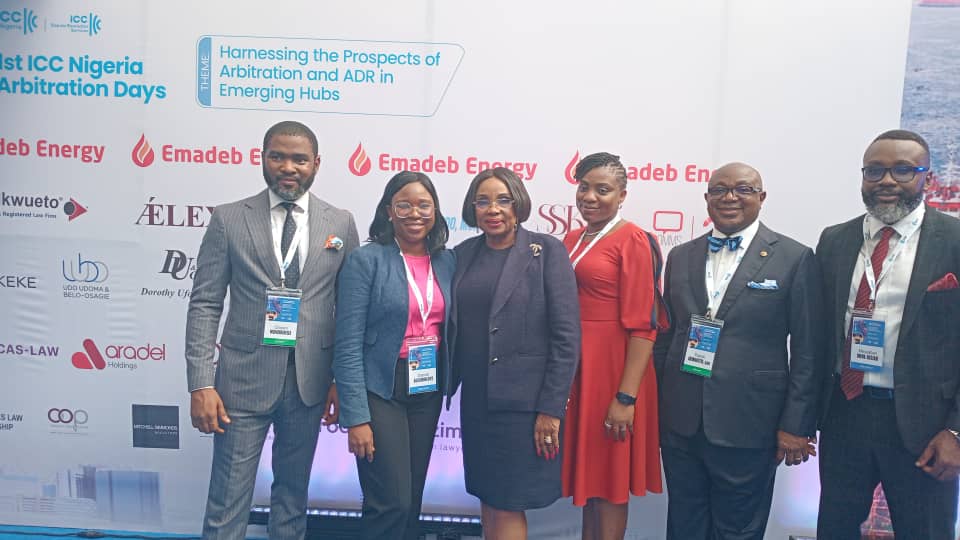
Overall, the conference provided valuable insights and fostered dialogue on the prospects of arbitration and ADR in emerging international arbitration hubs, benefiting participants and contributing to the growth of dispute resolution in Nigeria.
The chair of ICC Nigeria Arbitration Committee, Mrs. Dorothy Ufot SAN noted the dangers of corruption on arbitration and its effects. The President of the Nigerian Bar Association, Mr. YC Maikyau also gave his good will message and congratulated ICC Nigeria on its first inaugural ICC arbitration days. He thanked the ICC for the capacity building work that it has done over the years with respect to Nigerian legal practitioners. In attendance was also the Attorney General of Lagos State, Mr. Lawal Pedro, Senior Advocate of Nigeria who formerly opened the conference on behalf of the governor of Lagos State, His Excellency Mr Babatunde Sanwo Olu. After the opening ceremony there five sessions on various topics that interrogated the prospects and challenges of international arbitration in emerging market, investment treaty disputes, technology intervention in arbitration and AI, ethical considerations and the future of international arbitration.
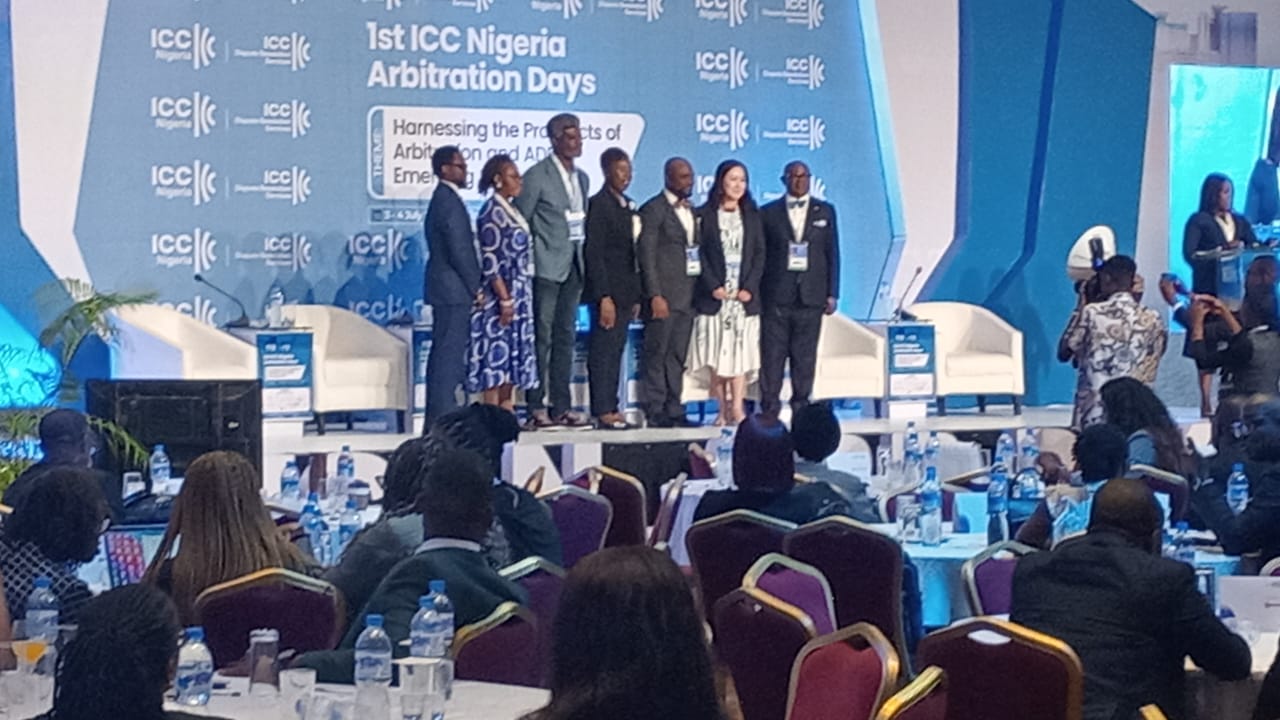
The second day of the ICC Nigeria Arbitration Days commenced with a plenary session that looked into unlocking the potentials of the blue economy particularly the opportunities inherent for maritime Arbitrators. Other sessions looked into capacity building of arbitration practitioners, enforcement of arbitral awards, promoting diversity and inclusion and the role of in-house counsel in international arbitration.
Several thought-provoking discussions and points to note are that:
- There is a steady increase in the contributions from African parties reflecting Africa’s expanding role in the international arbitration space and this is a welcome to development.
- Networking is important for the career development of arbitration practitioners but even more important is for the arbitrator to be clear on what services they are capable of rendering when they connect and network.
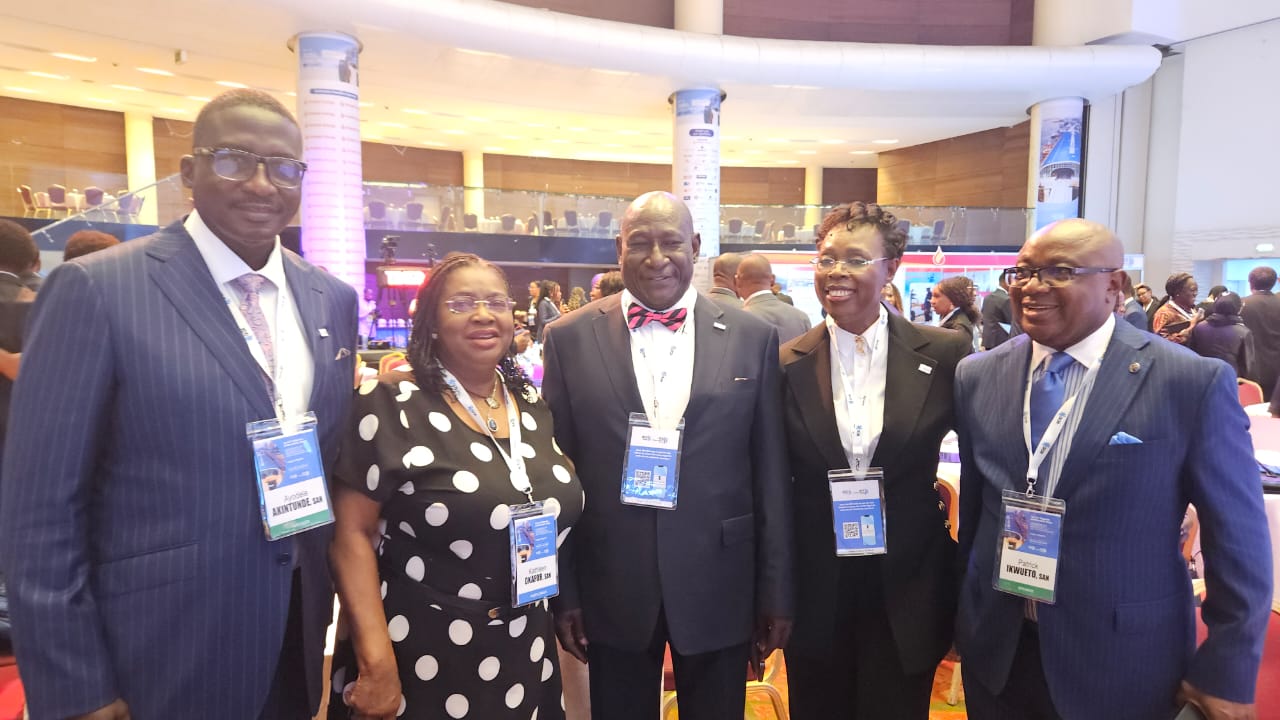
- That investment arbitration is evolving and there are new considerations such as corporate behaviour, environmental, social and governance considerations.
- Artificial intelligence is not going to replace human beings anytime soon as it cannot for now replicate human emotional intelligence nor does it have the cognizance of cultural nuances. However it is important to understand even though AI has its limits it has several areas where it can help in the efficient running of the arbitral process.
- Dedicated courts or judges will help address a number of issues in domestic and international arbitration in Nigeria from helping the arbitration process to ensuring ethical standards are maintained.

- There is a need for the Nigerian government to develop the maritime industry and the blue economy by putting down the right strategies as increased maritime business will increase the avenue for more maritime dispute resolution work.
- Mentorship must be deliberate on the part of the mentee and focused on professional, personal and business development.
- Enforcement of arbitral awards must be done with the understanding that it is important that Nigeria is seen as an arbitration friendly jurisdiction.
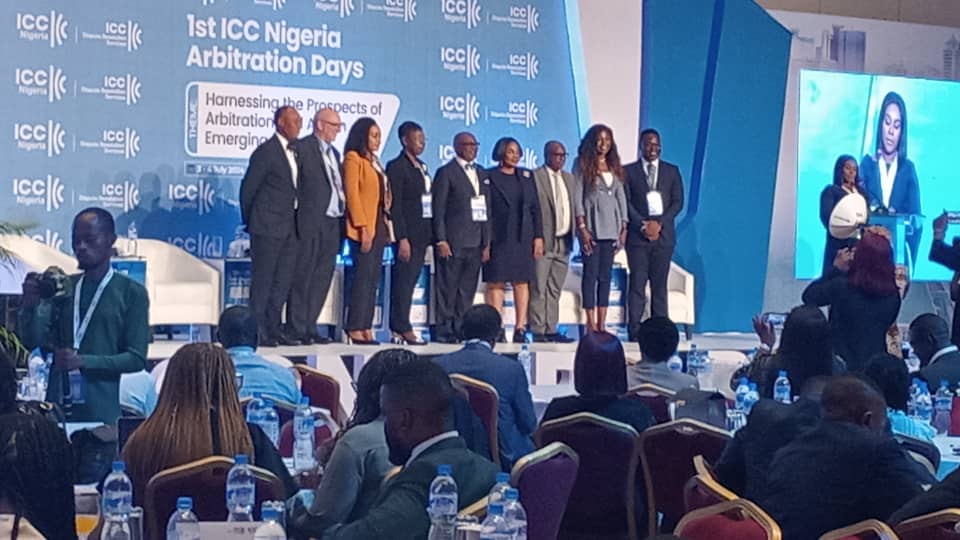
- Diversity and Inclusion is not just gender specific but also covers other areas such as race and age.
- There must be a collective willingness to make international arbitration work in Nigeria not just the laws but also the practice.
See more photos below;